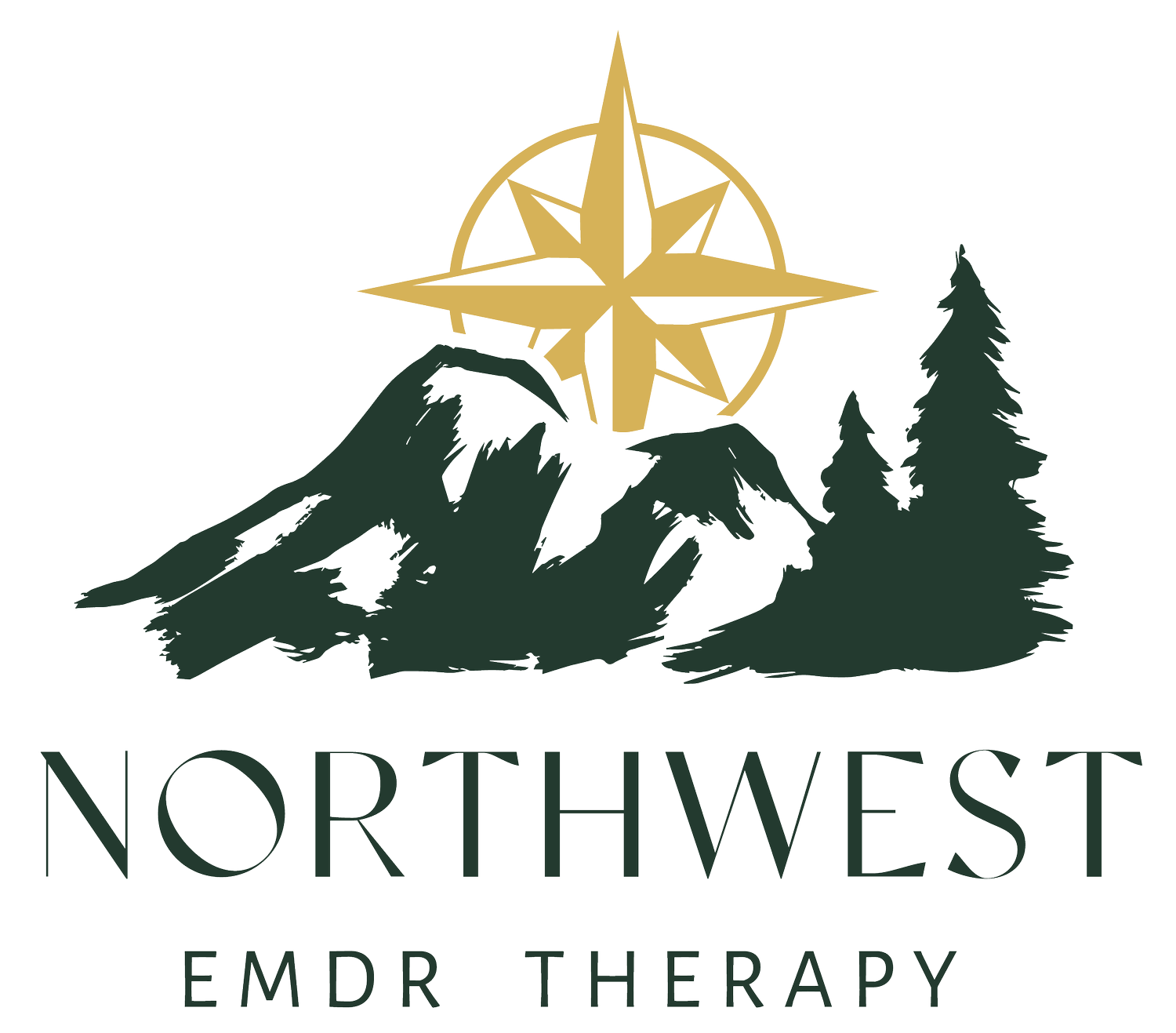Addiction Therapy

What Is Addiction Therapy?
Addiction therapy can take many different forms. The goal of addiction therapy is to help individuals understand their addiction’s underlying causes and develop the skills and strategies they need to overcome it. There are a variety of different types of addiction therapy, including cognitive-behavioral therapy, motivational interviewing, and 12-step programs.


What different types of addiction therapy services do we offer?

Sexual/Porn Addiction Therapy
Sexual or porn addiction therapy is a form of treatment for individuals who have difficulty controlling their consumption of sexual content or engaging in compulsive sexual behavior. This can include excessive use of pornography, compulsive masturbation, and engaging in risky sexual behaviors.
We help individuals understand the underlying causes of their addiction and develop the skills and strategies they need to overcome it. We start by evaluating the issue and discovering what can be the underlying cause that triggers the addiction. Once this is discovered, we can then create a plan to cope with and manage the urges to get stop them in the long term.
Food Addiction Therapy
Food addiction therapy aims to help individuals understand the underlying causes of their addiction and develop the skills and strategies they need to overcome it, such as managing emotional eating, identifying triggers, and building a healthy relationship with food.
This can include cognitive-behavioral therapy, which helps individuals identify and change negative thought patterns and behaviors related to food, and mindfulness-based approaches, which teach individuals to be more aware of and in control of their eating habits.
Food addiction therapy can also include addressing any underlying psychological conditions, such as depression, anxiety, or trauma, that may be contributing to the addiction.
Drug Addiction Therapy
The purpose of drug addiction therapy is to help individuals understand the underlying causes of their addiction and develop the skills and strategies they need to overcome it.
The process begins by such as managing cravings, coping with triggers, and identifying and addressing any underlying mental health conditions that may be contributing to the addiction.
Once the causes are identified, we can begin by addressing the addiction through approaches like Cognitive Behavioral therapy (CBT), Motivational Interviewing, 12-step programs, medication-assisted treatment and behavioral therapy, and in some cases, detoxification programs to help with withdrawal symptoms.
Alcohol Addiction Therapy
We offer Alcohol Addiction Therapy (AAT) to help replace heavy drinking with healthier coping skills and activities, as well as develop ways to better manage cravings and stressors that can lead to relapse.
Some of these exercises may include counseling, cognitive Behavioral Therapy, medical detoxification, and support groups. We believe in customizing the plan to the individual’s needs and struggles.
Gambling Addiction Therapy
Gambling addiction therapy focuses on helping individuals develop coping strategies through talking through problems, psychotherapy, group therapy, and more.
With the right support and guidance, people with gambling addiction can learn how to gain control over their behavior and live healthy lives free from compulsive gambling.
Addiction Therapy Treatment Options

Cognitive Behavioral Therapy
Cognitive Behavioral Therapy helps individuals identify, understand, and modify their thought patterns and feelings related to their addictive behaviors. It also encourages positive behavior changes by teaching healthier coping strategies and helping clients gain insight into the triggers that lead to problem behavior.
This form of therapy has been proven to be effective in treating both substance use disorders and behavioral addictions such as gambling addiction.
Dialectical Behavioral Therapy
This approach focuses on improving an individual’s ability to regulate emotions and manage stress. It helps individuals identify self-destructive behaviors and replace them with healthy coping strategies.
This form of therapy also encourages clients to accept themselves while developing mindfulness and problem-solving skills. In addition, DBT provides a supportive environment in which individuals practice interpersonal communication techniques that can help reduce conflict with family members, friends, and coworkers.
Individual Addiction Therapy
This involves setting achievable goals, identifying negative thought patterns, providing emotional support and guidance, exploring the root causes of addiction, and developing healthier coping strategies.
Group Addiction Therapy
This uses small groups to help individuals struggling with addiction work on their issues. Group therapy sessions typically involve discussion and activities centered around recovery, communication, personal accountability, and problem-solving.
This form of therapy helps individuals build healthy peer relationships, increase feelings of self-worth and purpose, learn coping skills for avoiding triggers and reducing cravings, and gain insight into their own behaviors. Group Addiction Therapy allows members to gain support from peers who better understand their struggles and encourage each other in their recovery journey.
